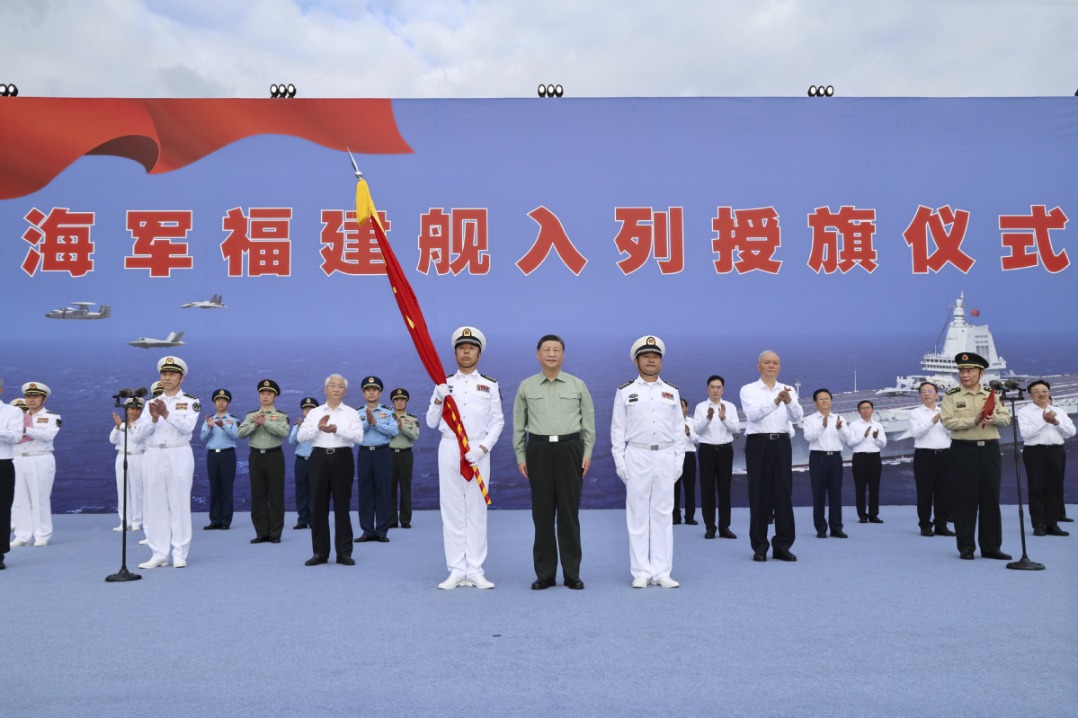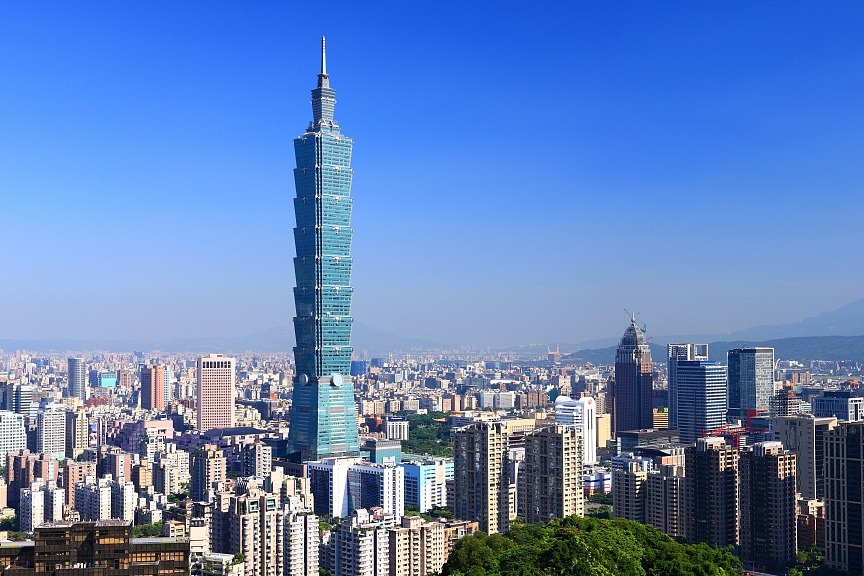Philippines' provocations will backfire


Recently, the Philippines once again committed infringements and provocations in the waters near Huangyan Island. What the Philippines did violate China's territorial sovereignty and disrupt peace and stability in the region. Manila has disregarded Beijing's patience and restraint on relevant issues, as well as its commitment at the operational level to manage differences between the two sides. There are many motivations behind this.
The Philippines has long been trying to occupy China's islands and reefs in the South China Sea, with different methods and cover-ups used at different times. Following the illegal ruling of the South China Sea arbitration, the Philippines has been trying to legitimize it illegal claim and provocations in the South China Sea in various ways.
Internationally, encouraged by the Biden administration, the Philippines has adjusted its South China Sea policy under US pressure and inducement, becoming more adventurous and speculative. The Philippines is also concerned that the outcome of this year's US election may affect the direction of the US-Philippines alliance, so they are trying to test the US by creating maritime friction with China to see what substantive security guarantees the US can provide to the Philippines.
Domestically, to divert internal conflicts, the Philippine government also wants to constantly escalate maritime tensions to create an "external enemy" and alleviate the political pressure due to high inflation, high unemployment, and drug problems. Judging from the actions of the Philippines, one can see clearly that it has not fundamentally recognized the importance of returning to negotiations to manage disputes and enhance mutual trust with China.
What has happened in the South China Sea in the past few months is not that "China has become more aggressive" as the Philippines claims, but that the Philippines itself has become more provocative. Its activities have not only damaged the political mutual trust between the two sides, but also destroyed the good atmosphere for China and ASEAN countries to accelerate consultations on the Code of Conduct. The stability and continuity of China's South China Sea policy are rooted in its clear understanding of the South China Sea issue, which is the territorial sovereignty and maritime delimitation disputes.
There is no so-called geopolitical intent behind China's actions or countermeasures, as the fundamental principle is that China is steadfast in track two approach, that is disputes should be solved by negotiations between the direct parties involved and the peace and stability of the South China Sea should be maintained by China and ASEAN states.
This Tuesday, a civil organization named Atin Ito held a media briefing for the “supply mission” to the fisherfolks of the Philippines. This is not the first time that Atin Ito has conducted so-called peaceful activities in the South China Sea, as it had also organized dozens of fishing ships and marine training vessels carrying Philippine reporters to bring supplies to Philippine personnel on islands and reefs last year. On May 15, Atin Ito may have asked the Philippines’ organized fishing vessels to maintain a distance, as they would need to coordinate with the Philippine Coast Guard and journalists to take staged photos or play the staged show of resupply. It is also possible that the vessels attempted to intrude to waters restricted by China and disrupt law enforcement operations by the China Coast Guard or disrupt normal fishing activities of Chinese fishermen.
Atin Ito seems to be a non-profit civil organization, as it intentionally downplays its political color on its official website introduction and propaganda campaign when, in fact, it has a certain political background. In fact, the actual leader of the organization is also the chairman of the Akbayan Party in the Philippines. Although this political party is relatively small in the Philippine political arena, it has been using various political issues to increase its presence and influence in recent years. There is a relationship between Atin Ito and the Akbayan Party, as the Akbayan Party provides political resources for the activities of Atin Ito, and the activities organized by Atin Ito can increase the exposure of the chairman of the Akbayan Party, granting her more political benefits.
China has consistently promoted cooperation in low-sensitive areas of the South China Sea while safeguarding its legitimate rights and interests in the face of turbulent international situations and ups and downs in the regional situation. While the Marcos government becomes more and more like a gambler on the South China Sea issue, China remains patient, shows goodwill, and offers many well-intentioned statements. It also proposed initiatives on fisheries, marine environmental protection, and marine plastic waste management that are highly suitable for the Philippines to improve its maritime governance capabilities.
The mentality of the Philippines to engage in low-intensity conflicts with China in the so-called "gray zone" and attempt to take advantage may persist in a short term. Various departments of the Philippine government, due to their respective political interests, are increasingly less concerned about what is most beneficial to China-Philippines relations and the stability of the South China Sea.
Within the Philippines, objective and rational voices are becoming increasingly difficult to hear. The Philippines may further escalate maritime incidents such as Ren'ai Reef, Huangyan Island, and other certain islands and reefs in a coordinated manner to increase the intensity of provocations, and the air and sea patrols between the Philippines and other certain foreign countries may also bring more instability at sea.
The Philippines believes that the South China Sea arbitration award provides a so-called international legal basis for its claim. In this case, the arbitral tribunal violated many basic principles that should be followed by international judicial and arbitral institutions, exceeded its jurisdiction, and issued an award that was full of mistakes in the application and interpretation of the treaty and the identification of custom international law.
Far from resolving disputes, the ruling has squeezed the political space for both sides to manage their differences. If the Philippines insists that the "award is international law" and falls into the illusion that China would accept a solution that is not fair and just, the result may be that the South China Sea dispute will go into a dead loop.
In the current situation, the Philippines needs to take actions to restrain the unprofessional and dangerous actions, prevent the escalation of conflicts through bilateral communication channels with China, and avoid harming itself due to misjudgments.
Ding Duo is deputy director and associate research fellow at the Research Center for Ocean Law and Policy at the National Institute for South China Sea Studies.
The views don't necessarily reflect those of China Daily.
If you have a specific expertise, or would like to share your thought about our stories, then send us your writings at opinion@chinadaily.com.cn, and comment@chinadaily.com.cn.


































